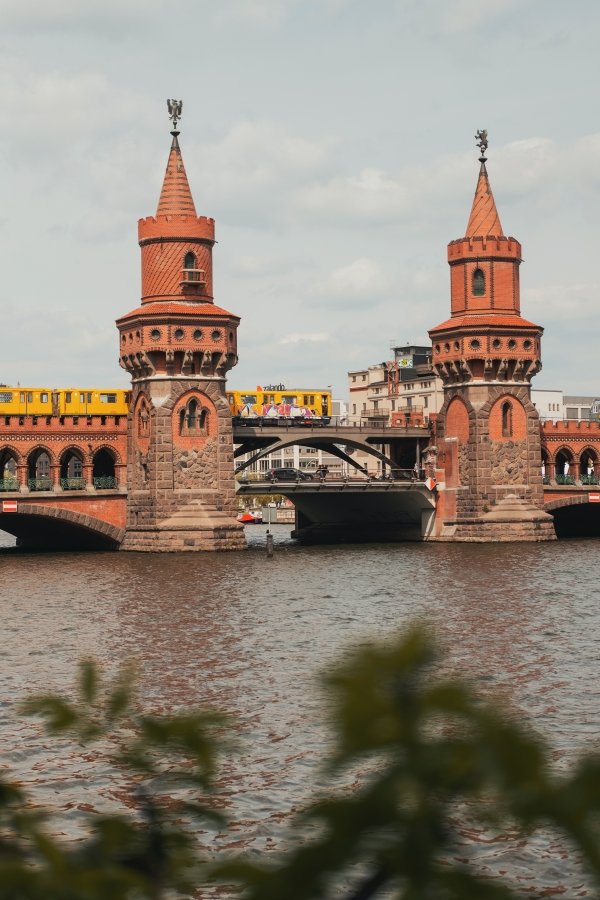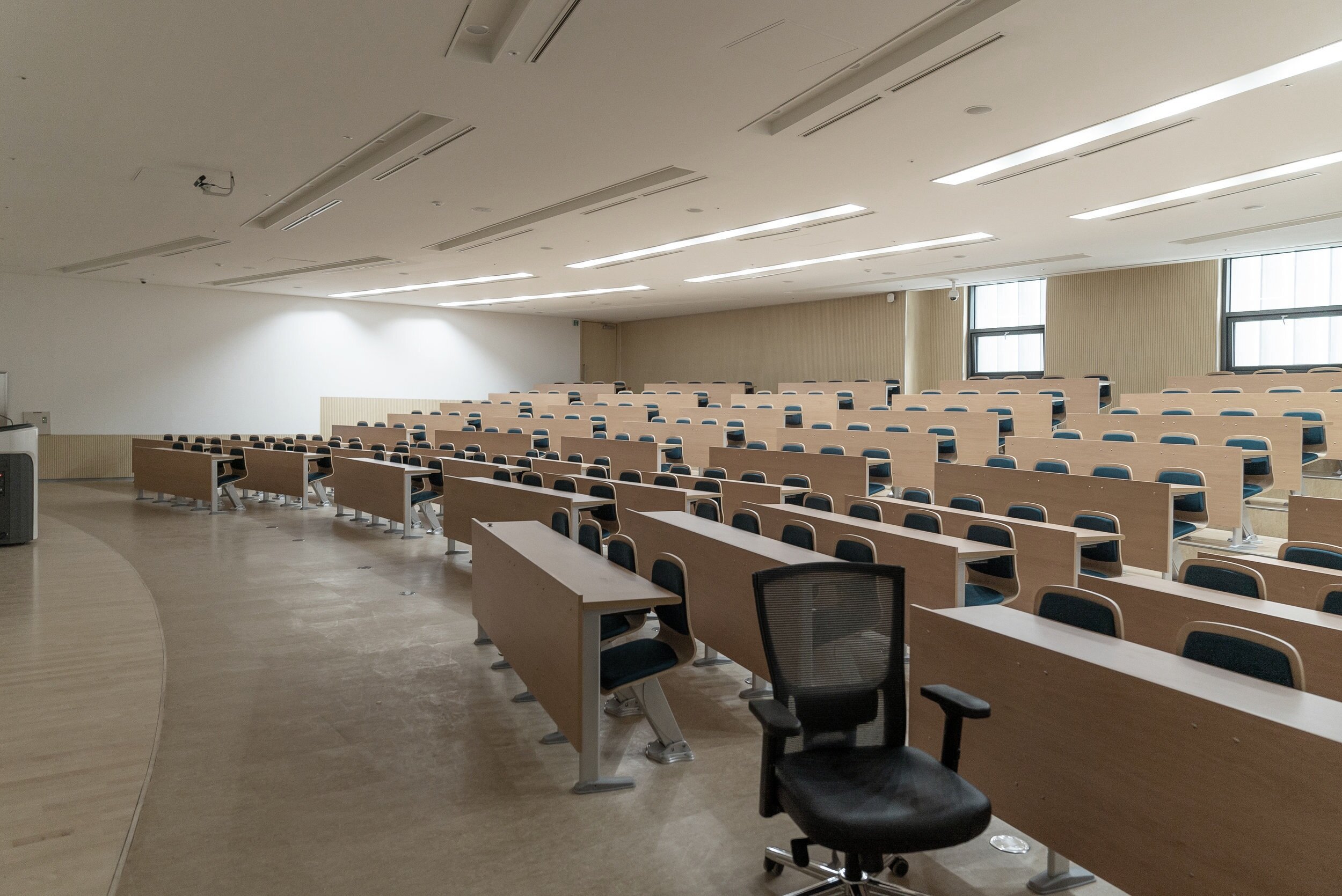UK's Dependent Visa Dilemma for International Students in 2024-2025
Yana Immis
Breaking News: UK's Dependent Visas CANCELLED! Policies 2024-2025 - Impact on International Students 🌐
UK's Dependent Visa Dilemma for International Students in 2024-2025
The United Kingdom (UK) was one of the first countries as a study abroad destination for international students. It used to be the number one country for those seeking quality education and diverse cultural experiences. However, recent changes in the UK's dependent visa policies, set to take effect in January 2024, plus BREXIT created significant concerns. The family reunion visa has always been a benefit to those interested in studying in the UK, well, not anymore.
In the article, we will explore the implications of the UK's new visa regulations for dependents of international students. We will also talk about the broader impact on higher education in the UK and alternative destinations.
Understanding Dependent Visas
The Role of Dependent Visas for International Students
Dependent visas have played a crucial role in enabling international students' dreams to come true.
If you were going to study in the UK, you could bring your family with a dependent visa. It allowed dependents to come and join you in the country. Spouses and children would then have full work and study permission.
Holistic Support for Students and Families
Dependent visas not only offer emotional support but also address practical needs. Spouses may pursue their studies or employment opportunities, children can access quality education, and elderly parents receive care and companionship. This holistic approach to education has been a significant draw for international students.
The Changing Landscape
Government's Commitment: 2024-2025 Dependent Visa Reforms
The UK government's decision to revamp its dependent visa policies in 2024-2025 reflects its commitment to addressing rising net migration figures.
Reasons Behind the Change: Addressing Net Migration Concerns
A reason why the changes have taken place:
Net Migration Concerns: Immigration is at an all-time high in the the UK.
The government wants to tighten up the profile of migrants who come to the country.
Net migration is the difference between the number of people who come and go to the country within a year. In the period June 2021–June 2022, net migration exceeded 500,000, more than double the number in 2019. These are the people who came and decided to stay.
Economic Impact: A Delicate Balance
International students, undoubtedly contribute significantly to the UK economy. However, there is rising concern about migration's effects on jobs, housing, and society.
The government aims to balance off new incoming students from abroad and to address domestic concerns about immigration.
What is the "Single Biggest Tightening Measure"
The government describes the new policy as the "single biggest tightening measure a government has ever done."
Home Secretary Suella Braverman: "We expect this package to have a tangible impact on net migration." She believes the new rule is "the fair thing to do to allow us to better protect our public services while supporting the economy by allowing the students who contribute the most to keep coming here."
Impact on International Students
Emotional Toll: How To Handle Separation and Homesickness
The consequences of these policy alterations are significant. International students who once enjoyed the company and support of their dependents will now face the challenges of separation.
This change affects not only students but also their families, especially spouses, children, and elderly parents who have depended on them for care and companionship. This will have a long-term negative effect on student immigration.
Practical Challenges: Interruptions and Adaptations
Practical challenges also arise due to the separation of families. Spouses who were pursuing their studies or careers in the UK may now face interruptions in their plans. Children enrolled in British schools may need to adapt to new educational systems. Elderly parents may lose the care and companionship of their children.
Financial Implications: Shouldering New Responsibilities
The new policy will likely have financial implications for international students. Those who previously relied on the assistance of family members may now need to take care of everything back home.
Alternative Study Destinations
With the UK's new restrictions in place, prospective international students are exploring alternative study destinations. Those with more favorable dependent visa policies and immigration options:
Canada
Germany
Australia
New Zealand
Finland
Denmark
Estonia...
... are increasingly appealing to those seeking quality education and the ability to bring their families.
Canada
Known for its welcoming approach to international students, offers dependent visas that allow spouses to obtain open work permits. This flexibility enables family members to work or study full-time once they have the relevant permits.
Germany: Family Reunion Visas and Cohesion
Australia: Fostering Supportive Study Environments
Australia, like Canada and Germany, has been luring more skilled migrants. Its dependent visa program allows international students to bring their spouses and families to the country. The dependents have full permission to study and work in the country.
New Zealand: A Pathway to Residence
New Zealand's skilled migrant category offers a pathway to residence for migrants and their families. Dependent children aged 24 and under can join their parents in the country and study at primary or secondary schools.
Finland: Prioritizing Well-Being for All
Finland, consistently ranked as the happiest country in the world, offers top English-taught bachelor's and master's degree programs. The country's focus on well-being extends to international students' families, as Finland's dependent visa policies allow spouses and children to accompany students during their studies.
Denmark: Quality Education and Work-Life Balance
Denmark is renowned for its high-quality education system and excellent work-life balance. The country's family reunification policies permit spouses and dependent children to join international students while they pursue their education in Denmark.
Estonia: Embracing International Students and Families
Estonia, known for its digital innovation and modern education, also welcomes the families of international students. Spouses and dependent children can apply for residence permits to accompany students in Estonia.
Facing the Dilemma
Staying Informed: Being on a Lookout to the Changing Immigration Policies
For international students facing the UK's dependent visa dilemma in 2024-2025, making informed decisions about their study abroad plans is crucial.
Reflecting on Priorities: Deciding Your Study Abroad Path
Reflect on your priorities and objectives for studying abroad. If having your family with you during your studies is essential, explore countries with more favorable dependent visa policies.
Exploring Options: Broadening Your Horizons
Don't limit your options to a single destination. Research and consider alternative countries that offer quality education and better opportunities for dependents.
Seeking Expert Guidance: Consulting Immigration Professionals
Consult with immigration experts or education consultants who can provide guidance tailored to your specific situation.
Connecting with Peers: Learning from Shared Experiences
Reach out to fellow international students who have faced similar challenges. Their experiences and insights can be invaluable in making decisions.
Testimonials and Case Studies
Real-Life Stories: Students Already Cancelled due to the UK's Dependent Visa Changes
To provide a deeper understanding of the challenges and solutions related to the UK's dependent visa changes, let's explore real-life stories and case studies of international students and their families.
The Singh Family (from India)
The Singh, originally from India, had planned to move to the UK while Mr. Singh pursued a one-year master's program. However, with the new visa regulations, they had to reconsider their options. They ultimately chose Canada for its inclusive policies, where the family could work, and their children could attend school.
Maria's Journey (from Russia)
Maria, a doctoral student from Russia, cancelled decision of studying in the UK. To not leave her elderly parents behind due to the UK's policy changes and the war. She decided to explore European destinations and found Denmark to be a welcoming choice. Denmark's family reunion policies allowed her parents to join her, ensuring they received the care they needed.
Future Outlook
How to Study Abroad in the Uncertain Terrain: The Future of UK's Dependent Visa Policies
The future of the UK's dependent visa policies remains uncertain. The government has expressed its intention to work with universities together. So that an alternative approach can be found. International students should stay updated on developments and be prepared to adapt to evolving immigration rules.
Balancing Challenges and Opportunities: The UK's Dependent Visa Dilemma
The UK's dependent visa dilemma for international students in 2024-2025 presents both challenges and opportunities. While the changes may create hardships for some, they also prompt students to explore alternative study destinations with more inclusive policies.
Join the Conversation: Share Your Experiences and Questions
I encourage you to share your experience, insights, or questions related to dependent visas and to contact me directly.
Additionally, for further information on studying abroad and immigration policies, explore the related articles and resources provided. Your journey to higher education should be well-informed and filled with opportunities for growth and success.


























